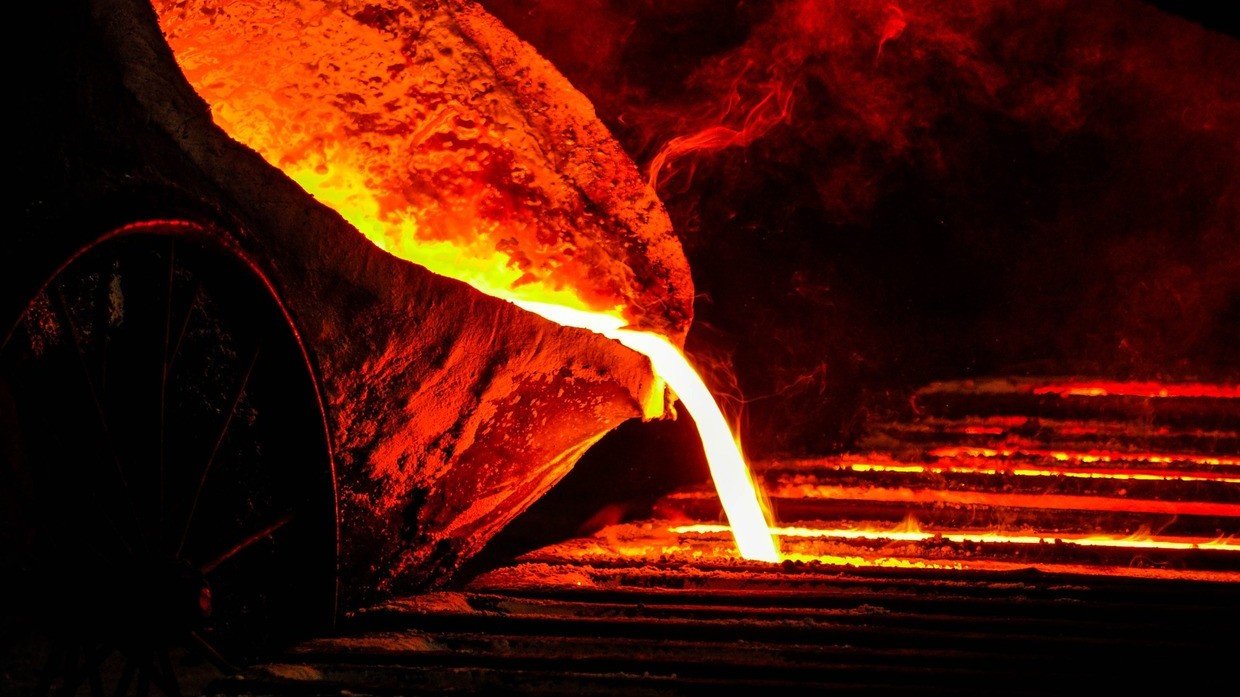The new European Commission president has been trying to make fighting climate change the hallmark of her presidency. However, her proposals could further split the bloc and backfire, hurting the EU itself, analysts believe.
Since taking office in December, Ursula von der Leyen has been pushing for the Green Deal, aiming to make Europe the "world's first climate-neutral continent by 2050." The approach includes tax on imports from non-EU countries with less-strict ecological rules. By doing this, Brussels claims it wants to prevent so-called carbon leakage, so importers from countries with "lower ambition for emission reduction" do not benefit from European producers abiding by strict green rules.
However, the move could be more about raising tax revenue for the EU and gaining political leverage than climate change, according to Richard Werner, university professor in banking and finance at Linacre College, Oxford. While the tax may not be implemented for many years, von der Leyen may currently use her warnings as part of the trade war between China and the US, he noted.
Also on rt.com BP accused of ‘greenwashing’ over ‘misleading’ clean energy transition ads"It's more about political things like protection[ism] or just a bargaining chip in the trade negotiations with China," Werner said in an interview with RT.
German economist Max Otte, professor at the University of Applied Sciences in Worms as well as the head of the Cologne-based IFVE institute for asset management, believes that the initiative could be both about ecological concerns and additional benefits for Brussels. The distinctive "positive side effect" of it, however, is that Europe is trying to stand up for its rights in opposition to the US, which has been turning away from global climate initiatives.
"Europe is becoming an actor of its own rights because right now as you know it is dominated by the US," Otte told RT, adding that it could become a step towards a more common European stance on trade.
But the idea needs the approval of all 28 members of the economic bloc and that's where it could face roadblocks, other analysts believe. The EU is already split on many issues, with the views of the "core countries" that currently have surpluses like Germany and the Netherlands far from those facing deficits, like Italy and Spain. On the other hand, non-eurozone states, which kept their own currencies, tend to stand for their policies, including the economy. They have already "resisted quite a few directives" from Brussels and the proposed tax will not be an exception, according to Werner.
"The reality is protectionism has come back somewhat similar to what we saw in the 1930s. And so it's just fueling the flames of this antagonism between trading partners," he said.
Who is gonna pay for EU's green policies?
The implementation of the carbon border tax would eventually lead to another tariff war, as other countries won't sit idle and will impose tit-for-tat levies, analysts note.
Thus the US, which does not have strict nationwide climate policies, could be one of the first to be hit with tariffs. But as a large and vital market for many European importers, Washington could exploit its position and eventually win this conflict, said Dr Marco Springmann, senior researcher on environmental sustainability and public health at the Oxford Martin School.
"In this political climate, it can easily get out of hand, where we have retaliatory tariffs from the US side," Springmann said. "Modern analysis shows that because the US is such a big country, they can actually benefit from putting on more taxes."
Also on rt.com ‘Greta phenomenon’: EasyJet joins corporate trend of pretending to go green to seem like they care, analysts tell RTIf importers are finally forced to pay this tax, it could hurt some leading European economies, and Germany in particular. Despite the initiative falling in line with German environmental concerns, it could still backfire severely on its key auto industry as steel imports would inevitably be affected.
"European countries are complete commodity importers, they need almost all commodities in the whole world then certainly... it can hurt German economy very much," Professor Werner said.
Despite the obvious consequences for its carmakers, Berlin is likely to support the idea, according to German economist Max Otte. He noted that the measure could actually boost demand for domestic products, eventually driving wages higher. But consumers will feel the impact of carbon tax as prices in all energy consuming industries – like travel, construction and auto manufacturing – are set to surge.
For more stories on economy & finance visit RT's business section


